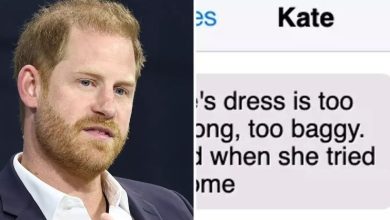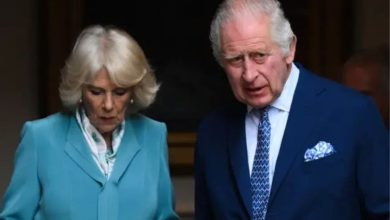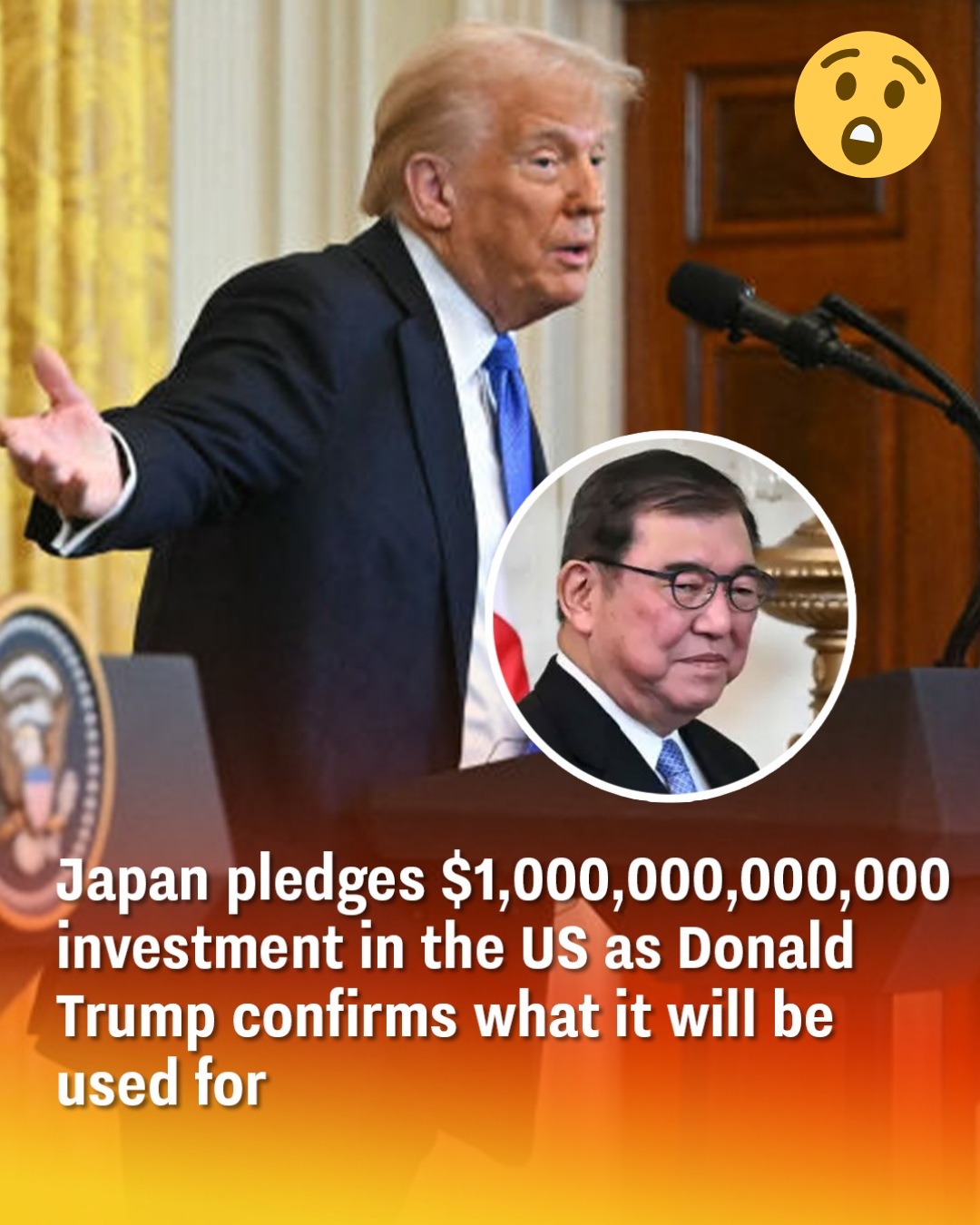
A meeting between Donald Trump and Japanese Prime Minister Shigeru Ishiba was so successful that Japan has committed to making a massive investment in the US.
Ishiba traveled to Washington D.C. and met with the new POTUS yesterday (February 7), where the two leaders engaged in nearly two hours of discussions during their first-ever face-to-face meeting.
Their conversation covered a broad range of topics, including military and security matters, economic relations, and regional affairs.
While Trump had a close relationship with the late Japanese Prime Minister Shinzo Abe, he has yet to establish the same rapport with Ishiba, who assumed office in October 2024.
During the extensive discussions, Ishiba pledged to invest a staggering $1 trillion into the US.
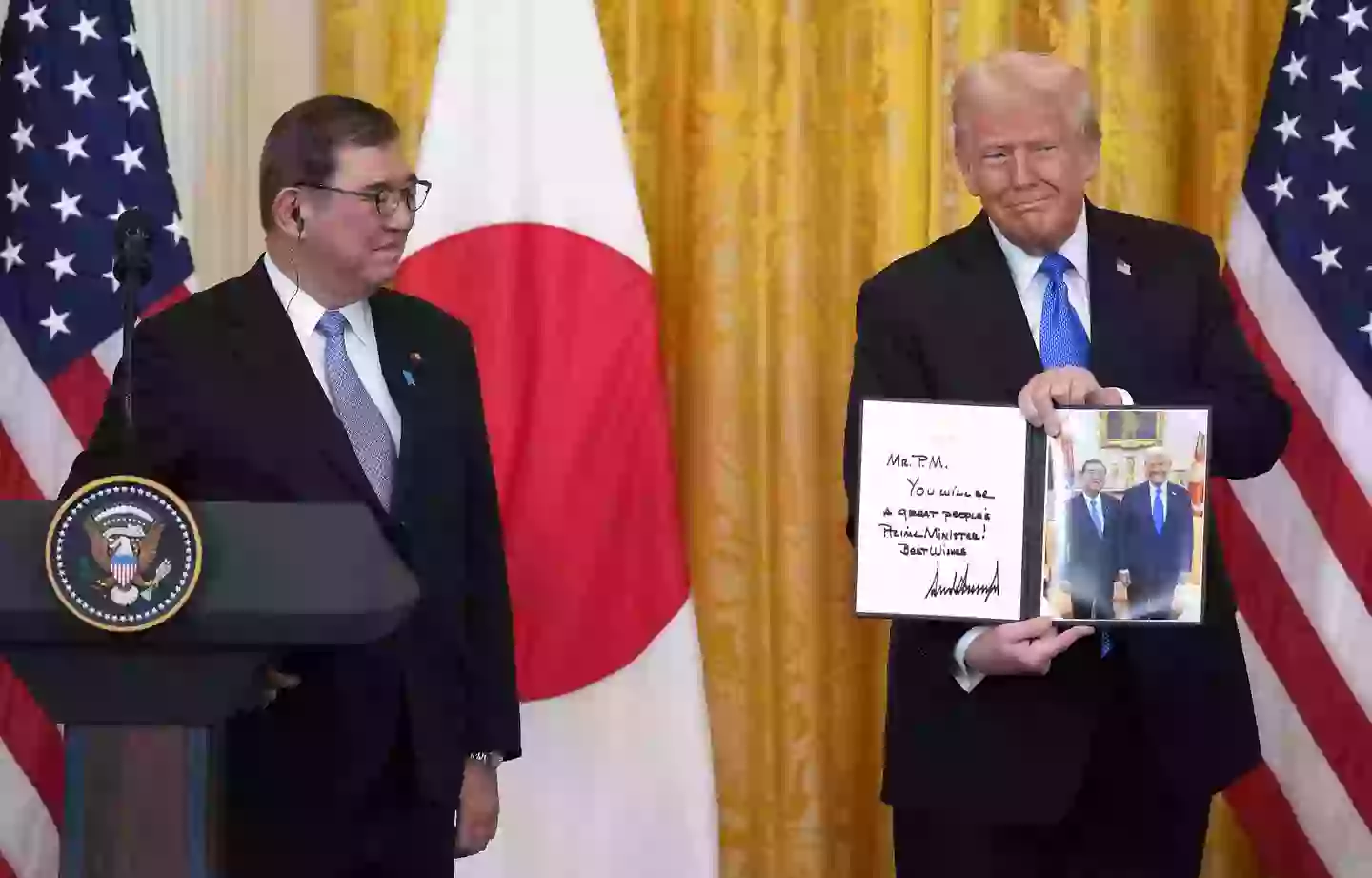
According to meeting notes released by the Ministry of Foreign Affairs of Japan: “The two leaders affirmed that Japan and the US are close partners in the economic field as well, with Japan being the world’s largest investor in the US for five consecutive years.
“Prime Minister Ishiba conveyed his willingness to cooperate together to elevate Japan’s investment in the US to an unprecedented amount of one trillion dollars, and President Trump strongly welcomed such investments by Japanese companies.”
Regarding the allocation of these funds, Trump stated: “Japan is committed to double its defense spending by 2027 compared to my first term.
“They’ve invested a lot of money, $300 billion in goods and services each year. And I’m pleased to say that this week, my administration approved nearly a billion dollars in foreign military sales to Tokyo.”
He also mentioned that Japanese automaker Nissan is “going to be doing something very exciting about US Steel”—a company Japan had previously attempted to acquire for $14.9 billion.
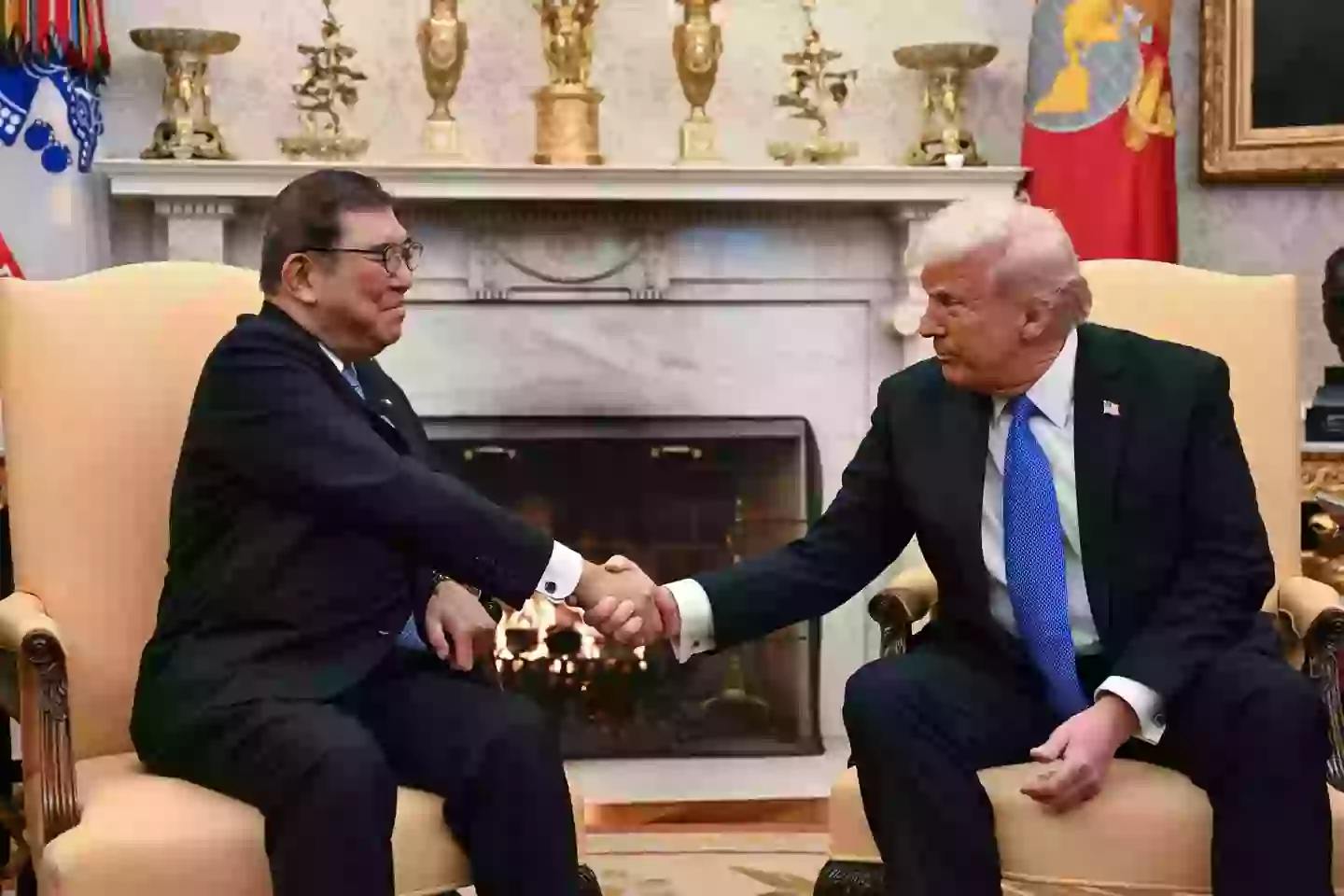
Instead of taking a majority stake, Japan will “invest heavily” in the company, according to BBC News.
While Trump continues to strengthen ties with Japan, his relationship with China remains tense following the new tariffs he has imposed on Chinese goods.
The 10 percent tariff officially took effect on February 4.
In response, China has announced plans to impose retaliatory tariffs on US imports.
A statement from the Chinese government read: “Because Google is suspected of violating the Anti-Monopoly Law of the People’s Republic of China, the State Administration for Market Regulation has initiated an investigation into Google in accordance with the law.”


